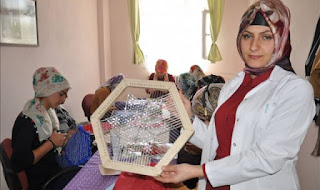No right to continue curing by prayer: High Court
In a short and crisp, recently reported decision [AIR 2010 Ker 103, K.P.HAFSATH BEEVI v. STATE OF KERALA] the Kerala High Court has declared that right to practice medicine propagating cure on the basis of prayer is not entitled to protection under the constitutional provision which guarantees freedom of business and profession to the citizens.
The High Court inter alia observed as under;
Having heard learned counsel for parties, the following emerge. Firstly, in terms of Article 19 of the Constitution, the petitioner has a right to pray and to perpetuate her ideas as to religion, even by being part of a peaceful assembly, and to move freely for such purpose. Secondly, the State and its officers are entitled to reasonably restrict such activity if it tends to offend security, public orders, decency, morality and sovereignty and integrity of India. This includes reasonable restrictions on the basis of public health and public tranquility; such restrictions being imposable in the interest of the general public. Thirdly, Article 51A(h) provides that it shall be the duty of every citizen of India to develop a scientific temper, humanism and the spirit of enquiry and reform. Balancing the duties of the petitioner in this regard and her fundamental rights referable to Part III of the Constitution, it has necessarily to he held that the impugned orders, to the extent they require the petitioner to desist from offering cures for illness on the basis of prayers, is a reasonable restriction imposed on grounds of public health, morality etc., particularly when she has no authentic scientific certification in support of any claim of such ability to cure.
For these reasons the High Court allowed the claim of the Government that they were entitled to restrict such practices being covered under 'reasonable restrictions' which serve as an effective fetter on the constitutional right of freedom to practice business or profession of one's choice.


Yorumlar
Yorum Gönder